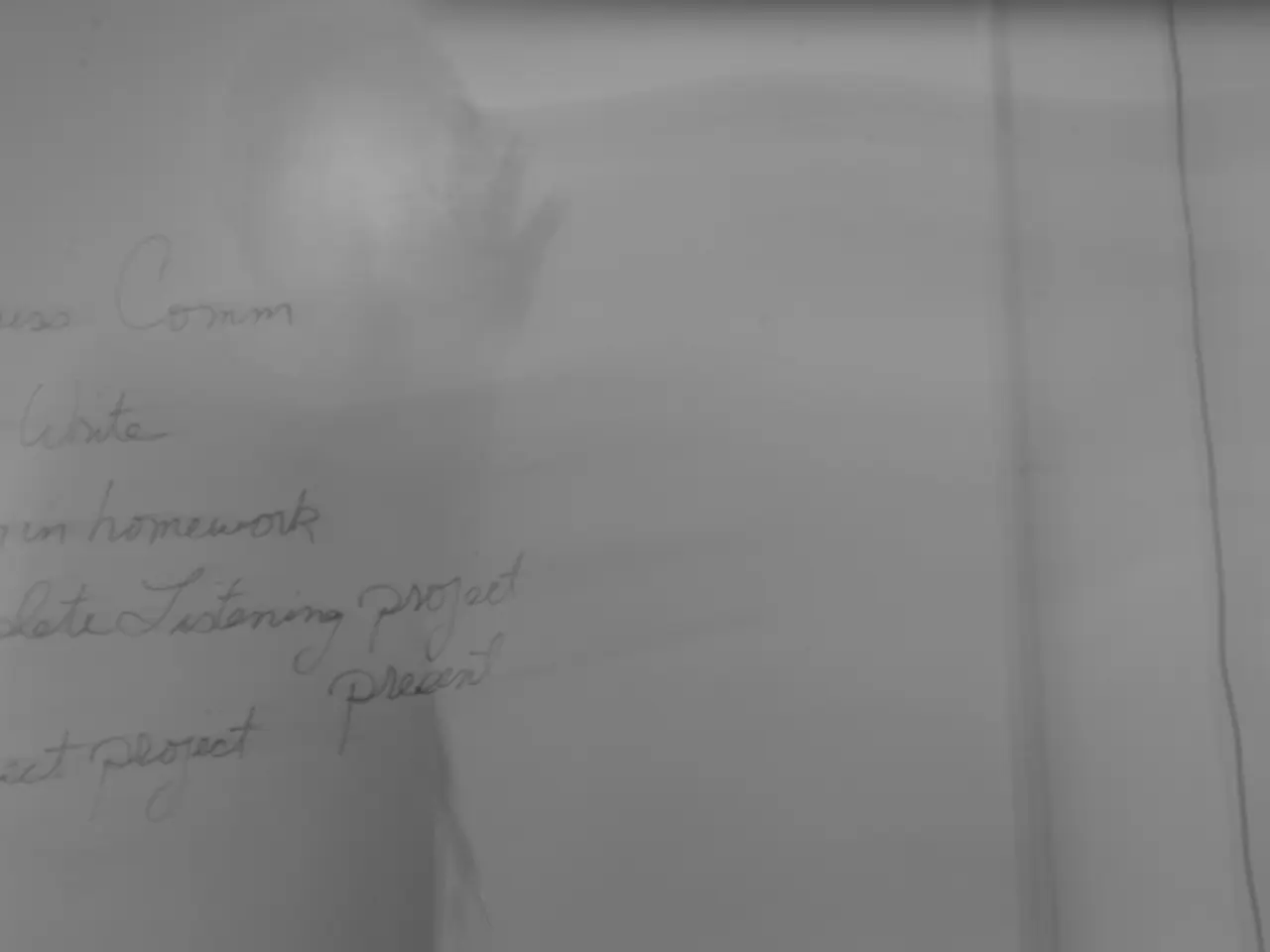Don't Try Deceiving Consumers with Misleading Price Ads! BGH to Crack Down on Dishonest Deals
Supreme Court Pondering Over Discount Advertising Matters - BGH engages in discussions over affordable ad rates
Here's the gist on advertising with discounted prices:
The Office for the Suppression of Unfair Competition cried foul on this deceitful advertising tactic. After a hearing before the Higher Regional Court of Nuremberg in 2024, it won the battle, declaring that consumers were left in the dark, making the ads confusing and misleading. Netto protested the decision and took the case to the Bundesgerichtshof (BGH).
In the same month of September, the European Court of Justice (ECJ) weighed in. They ruled that an ad-claimed price reduction has to be calculated based on the lowest price from the past thirty days.
Now, here's the deal:
The BGH's stance on questionable price-slashing ads is firmly rooted in both the ECJ's rulings and German court precedents about misleading advertising. When it comes to claiming price reductions, advertisers must be crystal clear and honest to keep from tricking consumers about the savings at hand. The BGH relies on the Unfair Competition Law (UWG) to maintain high standards, preventing potential deception of consumers.
Recent rulings from the ECJ demand accuracy and proof in ad practices. Liability concepts have been clarified, leading to stricter expectations for manufacturers and distributors who wish to protect consumers from misleading product or pricing information.
In Germany, the BGH has a long history of examining price reduction claims with a keen eye to ensure they represent real deals compared to the actual previous selling price. If a company uses false price comparisons as part of an ad, they face the wrath of the BGH and German unfair competition law.
The evolving EU legal frameworks and German jurisprudence convey a clear trend: increased consumer protection and transparency—including in digital advertising and pricing claims. The BGH might increase efforts to stamp out deceitful practices such as artificial price reductions, dishonest marketing strategies, and unfounded sustainability claims.
The bottom line:
BGH's take on advertising with reduced prices:
- The BGH lines up with ECJ decisions and German UWG to stop misleading ads about price reductions.
- Advertisers have to present genuine and transparent price comparisons to avoid duping consumers.
- The BGH may staunchly uphold consumer protection by setting clear parameters for validifying reduced price claims.
- The EU and German legal landscape is moving towards stricter scrutiny of advertising to combat misleading practices, including false price claims [2][5].
Although the BGH hasn't issued a recent, standalone ruling on ads featuring price reductions, the broad legal context verifies that the BGH champions honest advertising and pounces on deceptive pricing claims in tune with EU consumer protection standards and its own past rulings.
- The BGH has emphasized the importance of transparency and honesty in advertising with reduced prices, aligning themselves with ECJ rulings and German UWG to prevent misleading ads about price reductions.
- When advertising reduced prices, advertisers must present authentic and clear price comparisons to steer clear of misleading consumers, a detail reinforced by the BGH's increasing scrutiny of advertising practices in adherence to EU consumer protection standards and previous rulings.





